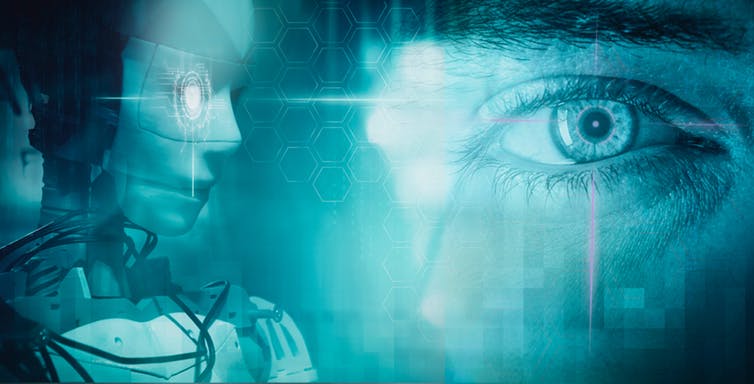If it isn't coronavirus, it could be a new flu.
Not much can prevent viruses from mutating, but a new paper says machine learning might be able to slow pandemics down - by improving testing. The analysis found that if a simulation used who an infected individual has been in close contact with, where and for how long, containment would be improved over random testing. Once the methodology is sound, perhaps information can be added like demographic data, age and health-related conditions

It's wise to be skeptical. First, people can't even remember what they had for lunch yesterday. That is why food frequency questionnaires, or their chemical equivalent, are the joke of epidemiology. If people can remember, they may have reason to lie. When UK epidemiologist Neil Ferguson was telling everyone that they couldn't see their families or England was doomed, he was also running off to carry on an affair with a married woman. Were either of them providing accurate contact tracing? No, which meant their friends and families could not. Now extrapolate that out for even one thing. Just in the U.S. there are 62,000,000 married couples and 15,000,000 of them have had one partner cheat. 9,000 of them could have had both cheating. That is not being revealed when you get asked by a government employee where you've been.
Second, this is still based on a SIR model - susceptible, infectious and recovered. The same common model that was known to be problematic before 2020 and shown to be problematic in 2020. Almost nothing predicted by SIR (or any deterministic model) turned out to be valid.
Third, a study found that an alarming chunk of machine learning papers are just flat-out wrong, because they are learning based on things that aren't even labeled correctly. So AI experts don't even know how to use AI well enough to show AI how to create accurate AI data sets. That's more in line with economists and weather services - great at predicting the past but useless for the future.
That's not to say it's all useless. AI has real promise. If I didn't, you wouldn't look at a product and then have it show up in your social media feed. The first telephone had no value. It couldn't call anyone. Yet everyone saw the potential. Nuclear fusion and solar power are still not viable despite throwing a trillion dollars at clean energy programs. That doesn't mean they won't be, and that if and when they are, it won't have been worth it. That is the same with AI and pandemics. Machine learning won't prevent them, nature always finds a way to kill, but improvements in treatment and mitigation are the next best thing. And AI can help with that last part a lot more than a government official suggesting vaccines are useless because you'll still need to stay out of restaurants and wear a mask anywhere you go.





Comments